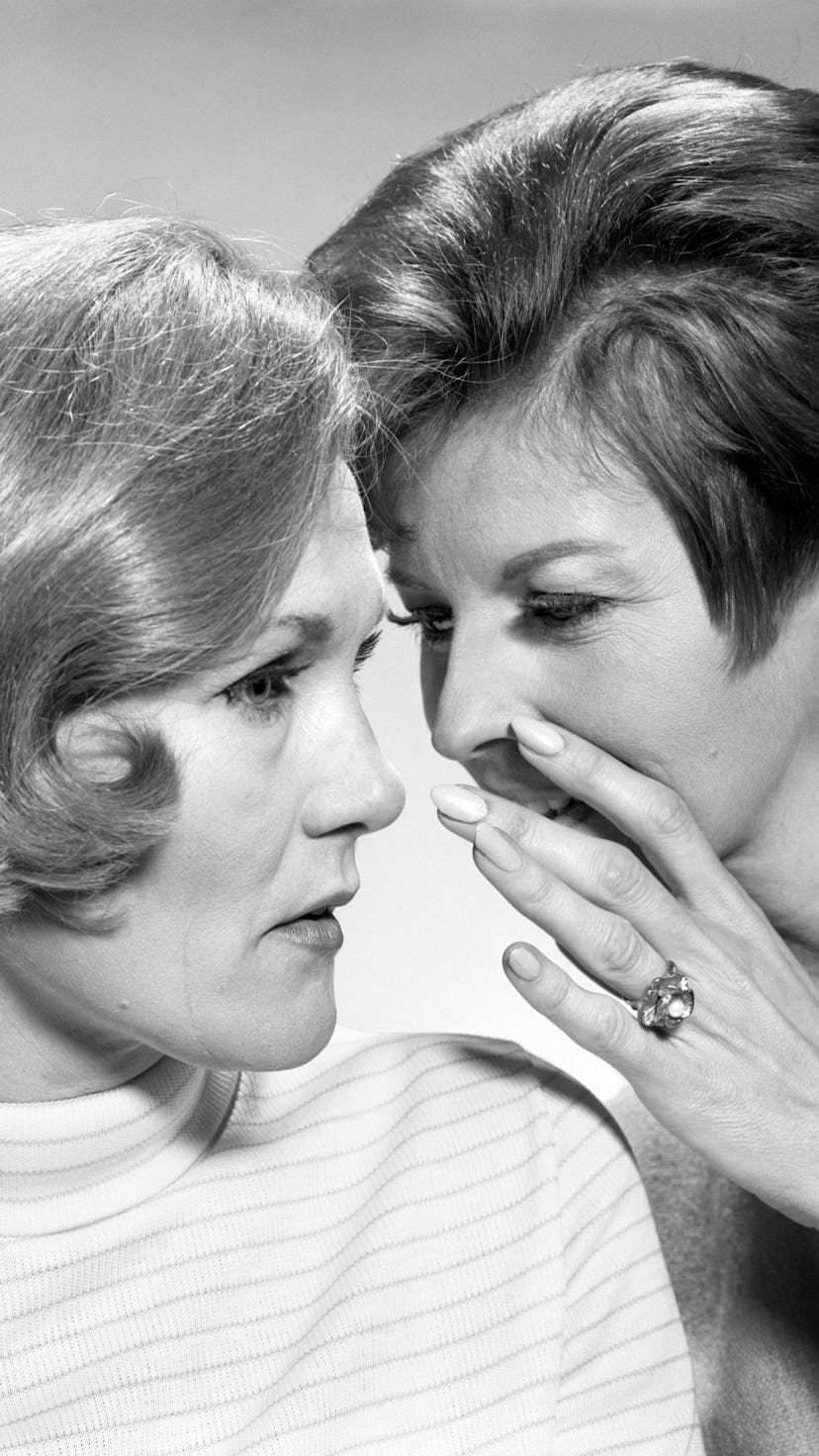Shouting to be understood from six feet away, having to repeat every second sentence on a Zoom call: the pandemic can feel like a bad time to be soft-spoken. But research analyzed by The Atlantic shows that quiet talking may actually help slow the spread of COVID-19.
Westend61/Westend61/Getty Images
A quick recap: Coronavirus spreads when viral particles leave your mouth and nose, and fall down onto objects or float around waiting to be inhaled. Masks physically halt that process.
kali9/E+/Getty Images
Think of virus particles as a plume from your mouth and nose: when you shout, a high volume of particles are pushed out into the air around you. When you whisper, the amount of particles reduces radically.
Vesnaandjic/E+/Getty Images
One study published in June found that wearing face masks reduces your risk of transmission by 85%. So talking quietly could be about as effective as putting on your mask, though mask-wearing remains essential.
Jimenez also said that complete silence — no whispering, nothing — could bring down your risk of transmission by a factor of 50. If you just don't feel like talking to anyone right now, this is a good excuse.
MediaNews Group/Reading Eagle via Getty Images/MediaNews Group/Getty Images
But what about all the protests? A June study of #BLM protests found that the outdoor, masked, socially distant gatherings didn’t increase coronavirus cases. But stick to sign-waving if you’re not sure, and stay home if you feel sick.
Shutterstock
If you bristle at being told to be quiet, you'd find many women throughout history in that same boat — but think of it as an opportunity to ignore mansplainers. You know, for public health.
